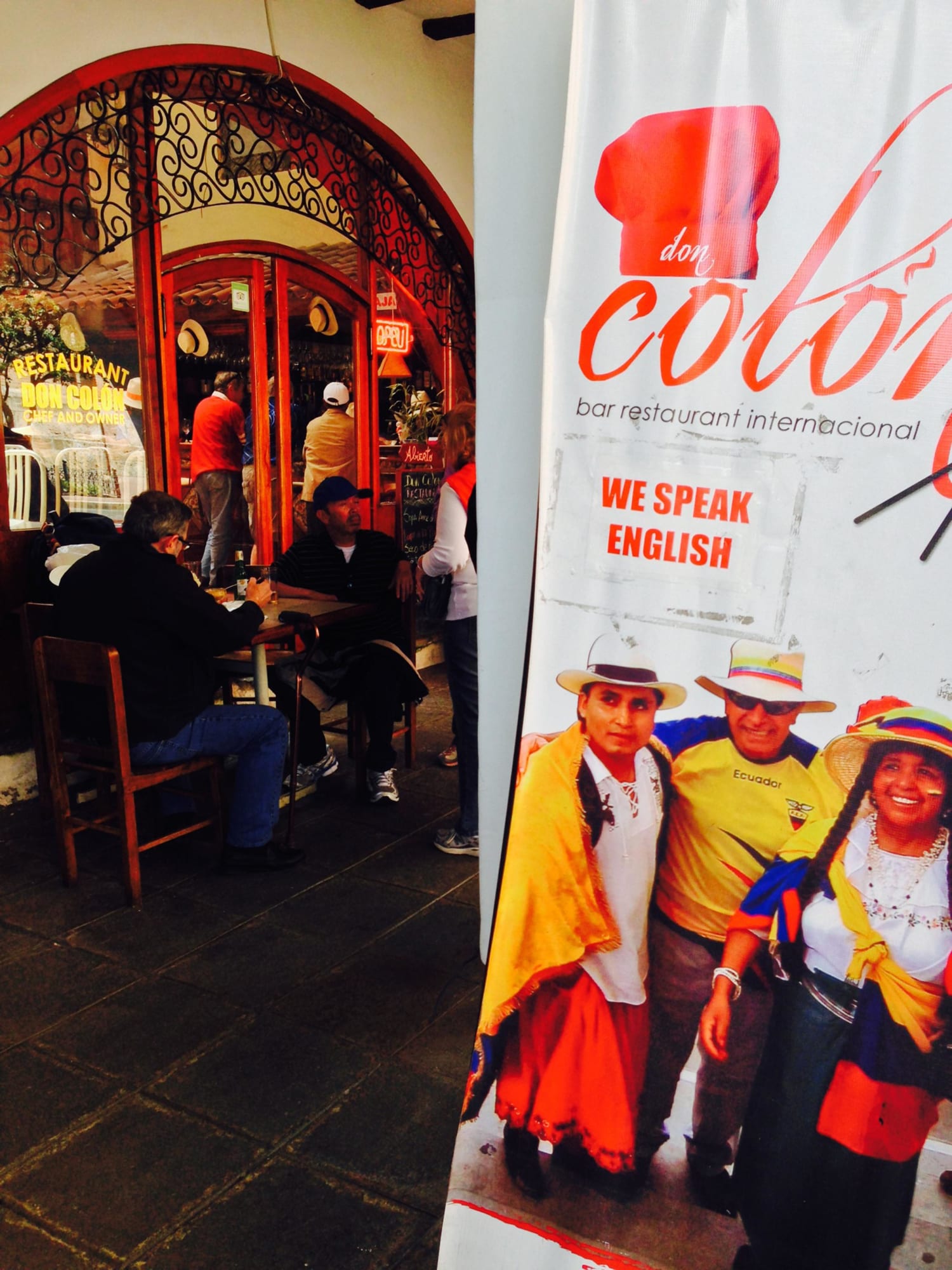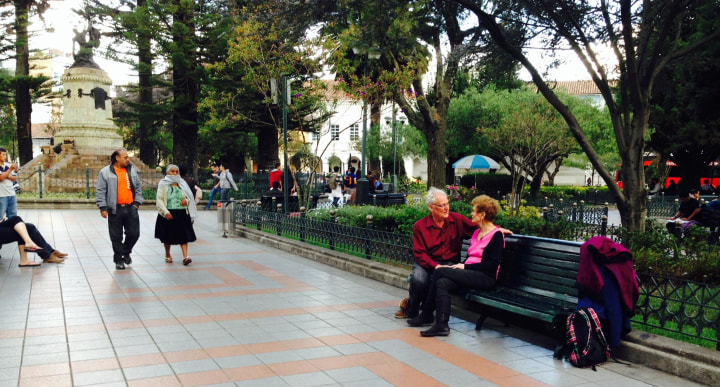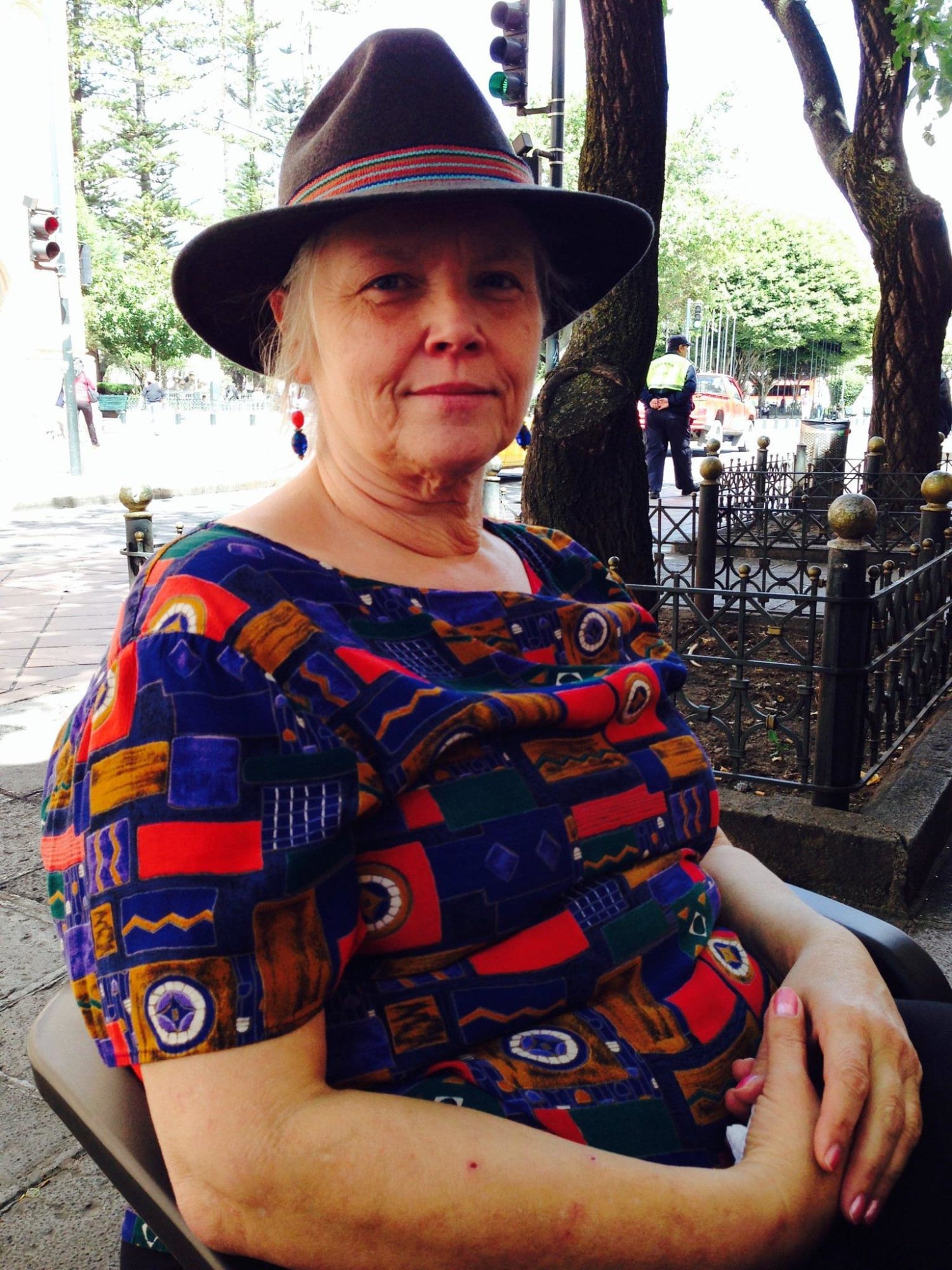In his classic work on the French Revolution, Pierre Gaxotte shows the abysmal difference that exists between the respect shows by the Ancien Regime for the legitimate liberties of the individual and the family and the strong inclination of the modern State to meddle in the intimate lives of its citizens, a tendency which appeared with the advent of liberalism.
Before the nineteenth century, men lived freely in the intimacy of their homes and family circles; a man was investigated only if he was seriously suspected of committing a crime, professing a heresy, or fomenting a conspiracy. A citizen of the liberal State, however, is always treated as a suspect, even before doing something dangerous.
He is measured, weighed, and cataloged by the agents of the State. File cards are kept on him by the most different agencies, as personal data on him and his family are filed, compared, and cross-examined. The State wants to know what his ideas and habits are, how much he earns and where he invests his money, whether he has a car or owns real estate, and so on.
Having written his book a few decades ago, Pierre Gaxotte could not cover the most sophisticated devices for investigating people’s private lives. Such devices now permit not only the State but just about any person or organization to record what people discuss with their friends and relatives; whether it be on the telephone, in their offices, or in their bedrooms.
Gaxotte referred only to the liberal State. But out of liberalism came its offspring, the totalitarian State. Whether it be of the fascist or communist variety, totalitarianism always has the goal of implanting socialism. Since socialism is contrary to human nature, it makes its habitat only in an atmosphere of police oppression, in which the needs of the individual and the family are sacrificed in behalf of the interests of the Party.
In countries where totalitarian regimes were not installed, the consequences of the French Revolution led to the implantation, to a greater or lesser degree, of societies having a totalitarian tendency, a set of conditions either imposed by a Messianic party or determined by the idolatry of technology.
When technology replaces morality and society “emancipates” itself from the maternal tutelage of the Church, there is a withering of legitimate individual and family freedoms. Whether it is imposed by the State of by technology, totalitarian society is the stepmother of the “emancipated” man of the twentieth century.
Mental Pollution
Idolatry of technology has made life unbearable for men. In the 50’s and 60’s, TFP leaders wrote a number of articles characterizing what people are presently calling environmental pollution. Now it has become a fad to talk against smoke, noise of motors, devastation of forests, and congested traffic.
In Lenin and Stalin’s time, international Communism promoted the development of super workmen to function more or less as robots serving the dictatorship of the proletariat. Now Communism preaches against the environmental pollution caused by the industry when this helps to explain the economic decadence of the socialist countries or to weaken the economic and military strength of the West.
Environmental pollution is obviously an evil, but we must keep a sharp eye on those who are fighting against it. Above all, it is necessary to struggle against another, much more pernicious pollution, one that the leftist intelligentsia hardly mentions if at all. We refer to the mental and moral pollution created by a mass media that wants to form people’s thoughts and habits and to break down their families by aggressive provocations to immorality, as well as that produced by the continuous barrage of advertising and propaganda and by the modern art that is deforming people’s mentalities.
In the midst of this noisy traffic assaulting the mind, who can find the calm to think about the pell-mell of events with discernment? Isn’t it true that contemporary man feels dazed under the daily load of disconcerting and illogical reports on international affairs?

The “Insectothopter”, an micro unmanned aerial vehicle developed by the CIA for espionage purposes in the 1970s.
Consider just one of the thousand frauds imposed on people every day: for many years now, the media have painted any anti-communist government as dictatorial and corrupt. Why is so little said about the crimes of communist governments such as those of Russia, China, Cuba, Yugoslavia, and so on? Why is there such an outcry for free elections in every part of the non-communist world but no uproar demanding free elections in the communist countries?
The Technological “All Seeing Eye”
Separated from morality, technology makes life intolerable for man even in what was formerly his most intimate privacy. Today, recorders and listening devices have become so developed that no one can be certain that his conversation is not being monitored.

A 2013 photo by Dator66 taken in Kungsgatanm, Stockholm showing a warning sign on the left about the presence of surveillance cameras which are suspended above the streets. There are four cameras; one of each side of the street.
It has always been relatively easy to intercept telephone communications. But now the science of bugging telephones has reached the point where conversations on a multiple wire cable can be picked by electronic means and recorded without any physical contact with the wire. Private conversations can be monitored from a distance even through walls of solidly constructed houses. Pages of a confidential report being typed by a secretary can easily be photographed from another building over 100 yards away. Our technology in this field is so advanced that the Soviet Chamber of Commerce invited several American companies to Russia to exhibit their most modern anti-crime technology, such as machines that identify people by their voices, lie detectors, etc. No doubt the KGB will find many uses for these machines…
So then, the unlimited liberty that was promised as a pretext for overthrowing the Ancien Regime and “emancipating” society from the tutelage of the Church has proven to be a baseless chimera. Never has the human race has a tyranny so oppressive and detailed as that imposed in the name of liberty by the French Revolution.








 AMBER PAYNE / NBC NEWS
AMBER PAYNE / NBC NEWS COURTESY TRAVELZOO
COURTESY TRAVELZOO AMBER PAYNE / NBC NEWS
AMBER PAYNE / NBC NEWS AMBER PAYNE / NBC NEWS
AMBER PAYNE / NBC NEWS AMBER PAYNE / NBC NEWS
AMBER PAYNE / NBC NEWS AMBER PAYNE / NBC NEWS
AMBER PAYNE / NBC NEWS